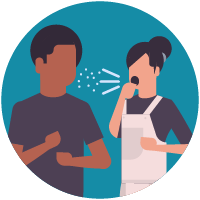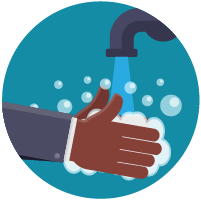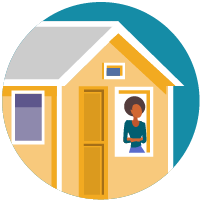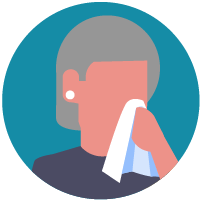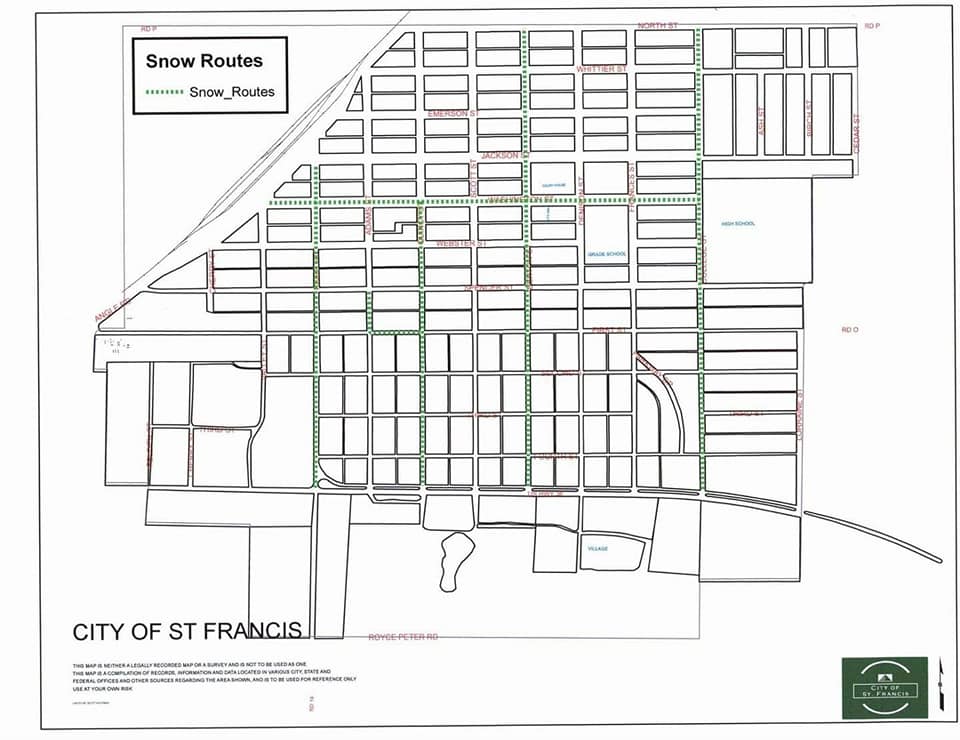City Declares State of Emergency
PLEASE BE ADVISED, THE MAYOR AND THE CITY COUNCIL OF THE CITY OF ST. FRANCIS, KANSAS, have declared a State of Emergency in response to COVID-19 this 19th day of March, 2020.
BY ORDER OF THE MAYOR AND THE CITY COUNCIL access to City Hall will be restricted immediately and until further notice. All City employees will be expected to report to work as normal and work normal business hours. City Hall will be locked during business hours and anyone who needs to enter the City Office will need to call 785-332-3142. If the business cannot be completed over the phone the citizen will be asked health screening questions. A person must answer “no” to all health screening questions to be admitted to the City Office, and such person must be admitted the same day as answering the screening questions. The doors to City Hall will be locked and the City Clerk will give access to the building if it is necessary.
This is being done in an overabundance of caution to ensure the safety of the citizens and employees of the City of St. Francis.


